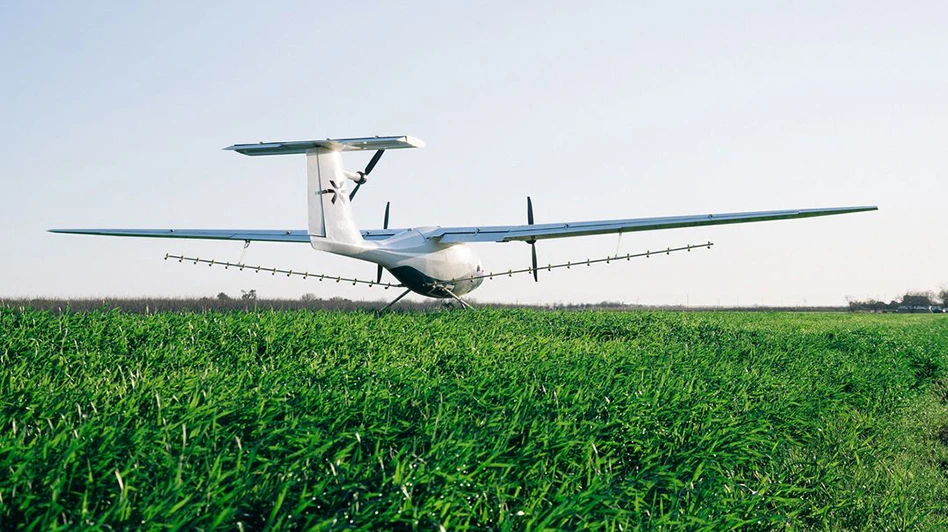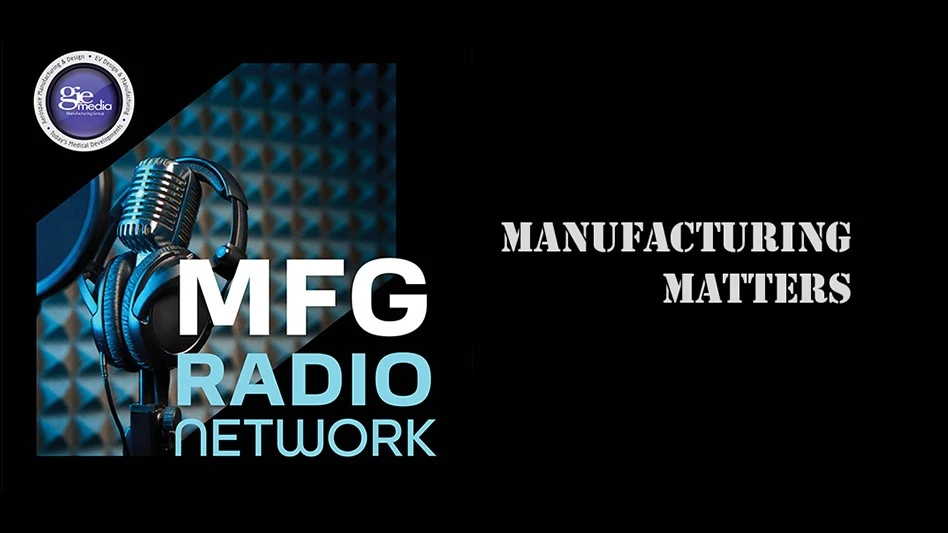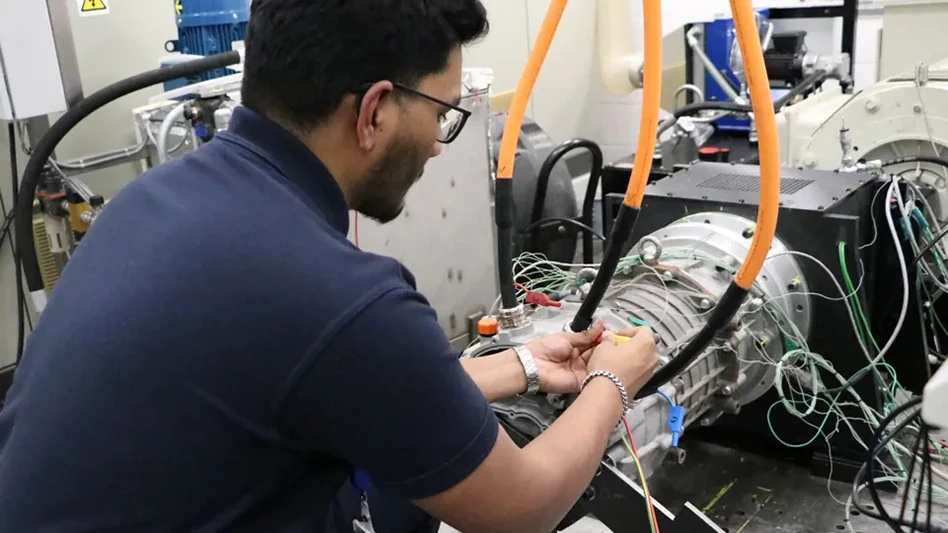
Pyka
Pyka, manufacturer of large-scale highly-automated electric aircraft for crop protection and cargo transport, is delighted to announce that it has received approval from the U.S. Federal Aviation Administration (FAA) to operate its zero-emission highly-automated Pelican Spray aircraft for crop protection commercially nationwide. With a gross weight of 1,125 lbs, Pyka’s highly-automated uncrewed aircraft system (UAS) is the largest ever to receive FAA authorization for commercial operation in the United States.
In conjunction with an agricultural aircraft operator certificate, this highly-anticipated FAA approval will enable Pyka to commence commercial operations in the United States, bringing unparalleled safety, environmental, and economic benefits to American farmers and the greater public. In 2020 alone, the National Transportation Safety Board (NTSB) reported 54 aircraft accidents involving agricultural operations, including 12 fatal accidents resulting in 13 deaths. The FAA’s action to authorize Pyka’s operations signifies the agency’s commitment to enabling larger and more advanced agricultural UA operations that will save lives and advance American leadership in the $60 billion global drone market.
“We're beyond thrilled to celebrate this commercial approval and regulatory milestone,” says Michael Norcia, Chief Executive Officer of Pyka. “Pyka's aircraft provide an essential tool for protecting crops, unlocking cost savings for growers, and reducing our impact on the environment. This commercial approval is the first step in enabling us to generate massive value for growers in the U.S., Latin America, and other markets we operate in, while also laying the operational and regulatory groundwork for eventual scaling into uncrewed cargo operations worldwide.”
“This is a significant win for Pyka and the agricultural community they serve. Among other safety and environmental benefits, the use of highly-automated UAS like the Pelican to perform potentially hazardous aircraft operations can reduce the number of pilot fatalities that occur each year in the aerial agricultural spraying industry,” says Lisa Ellman, Partner and Chair of Hogan Lovells’ Uncrewed Aircraft System Practice and leading policy advocate for the commercial UAS industry.
Latest from EV Design & Manufacturing
- Battery with built-in fire extinguishing technology moves electric vehicle safety forward
- Axial flux motor accelerates e-mobility
- MARBEL project develops modular, eco-friendly electric vehicle battery
- ChargeTronix releases distributed EV charging system, third-generation chargers
- US electric vehicle sales start off strong in first quarter of 2025
- SES AI launches battery material discovery software and service platform
- ChargePoint develops high-speed AC Level 2 electric vehicle charging capabilities
- Vibracoustic designs air springs suited to electric pickup trucks






